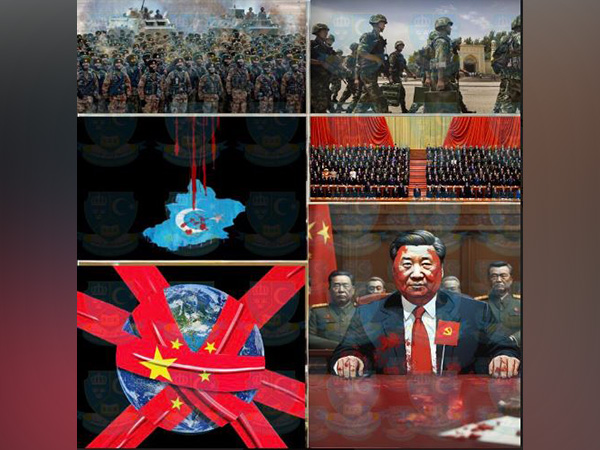Swedish Uyghur Committee Condemns China's Exploitation of East Turkistan Mines
The Swedish Uyghur Committee highlighted China's exploitation of East Turkistan's Koktoqay mine, pivotal to military and technological advances, including its first nuclear bomb. The committee emphasized that China's control over the mine, unmarked on world maps until 1980, exemplifies systematic oppression and resource theft in the region.

- Country:
- Sweden
The Swedish Uyghur Committee has raised alarms over China's exploitation of East Turkistan's mining resources, which they argue is fueling the nation's military and technological advancements. The committee's recent social media post highlighted the Koktoqay mine in Altay Prefecture, discovered in 1939, as crucial to China's development of its first nuclear bomb.
According to the committee, the Koktoqay mine, often referred to as 'No. 3,' contains 86 types of minerals integral to advanced technologies and military purposes. Despite its significance, the mine remained hidden from global maps until 1980. The committee underscored that this mine was essential in repaying China's national debt to the former Soviet Union and continues to provide vital resources for China's space and military programs.
'This remarkable mine in East Turkistan holds vast potential, containing minerals necessary for making atomic bombs. Since China's occupation, not a fragment has been sold internationally, keeping this resource untapped and confined,' the group stated. The committee pointed out that more than 50% of China's economy is dependent on resources extracted from the region, framing this exploitation as part of a broader colonial and genocidal policy against Uyghurs.
The organisation accused China of withholding the mine's potential from the international market, arguing that the continuous resource extraction from East Turkistan bolsters China's military and technological sectors. They called for international recognition of East Turkistan's plight, characterizing the situation as a struggle for justice, independence, and protection of Uyghur rights.
'This mine, central to the production of China's first nuclear bomb, continues to support their military ambitions and technological progress in aviation and space travel. This exploitation embodies the broader theft of our resources and underscores the urgency of our fight for justice and independence,' the committee concluded, condemning China's longstanding human rights abuses in the region.
(With inputs from agencies.)










